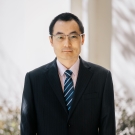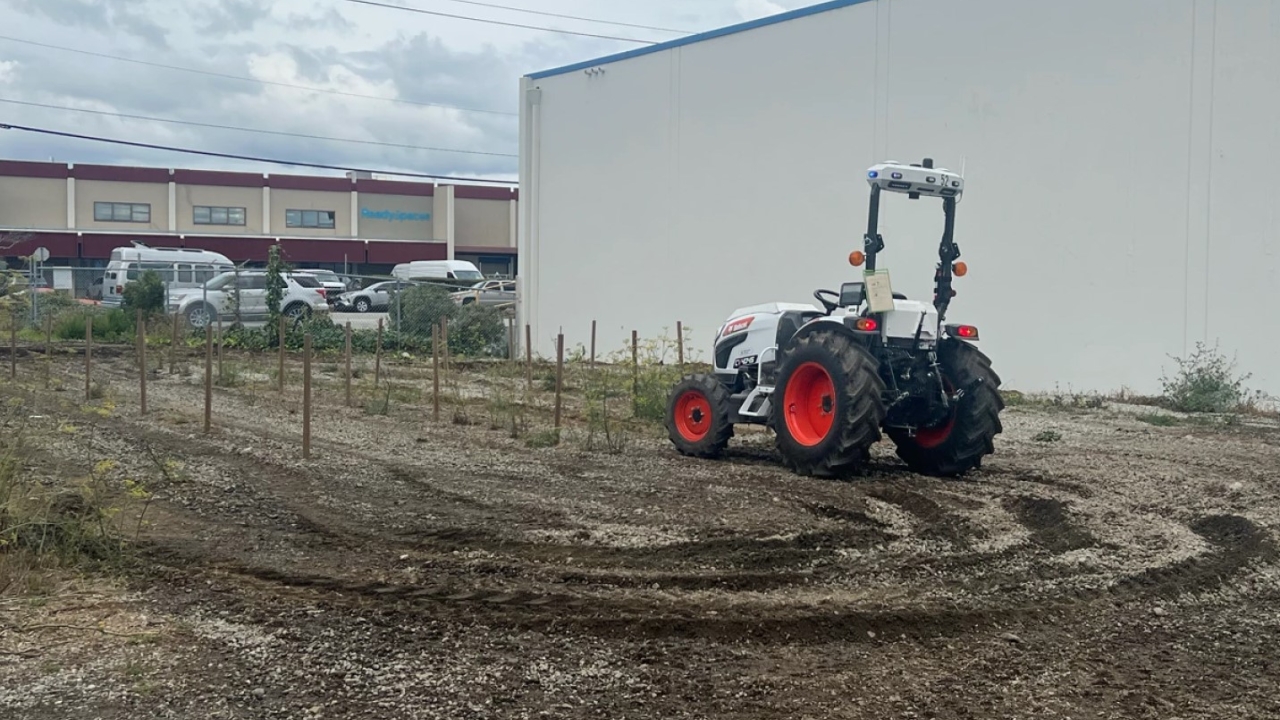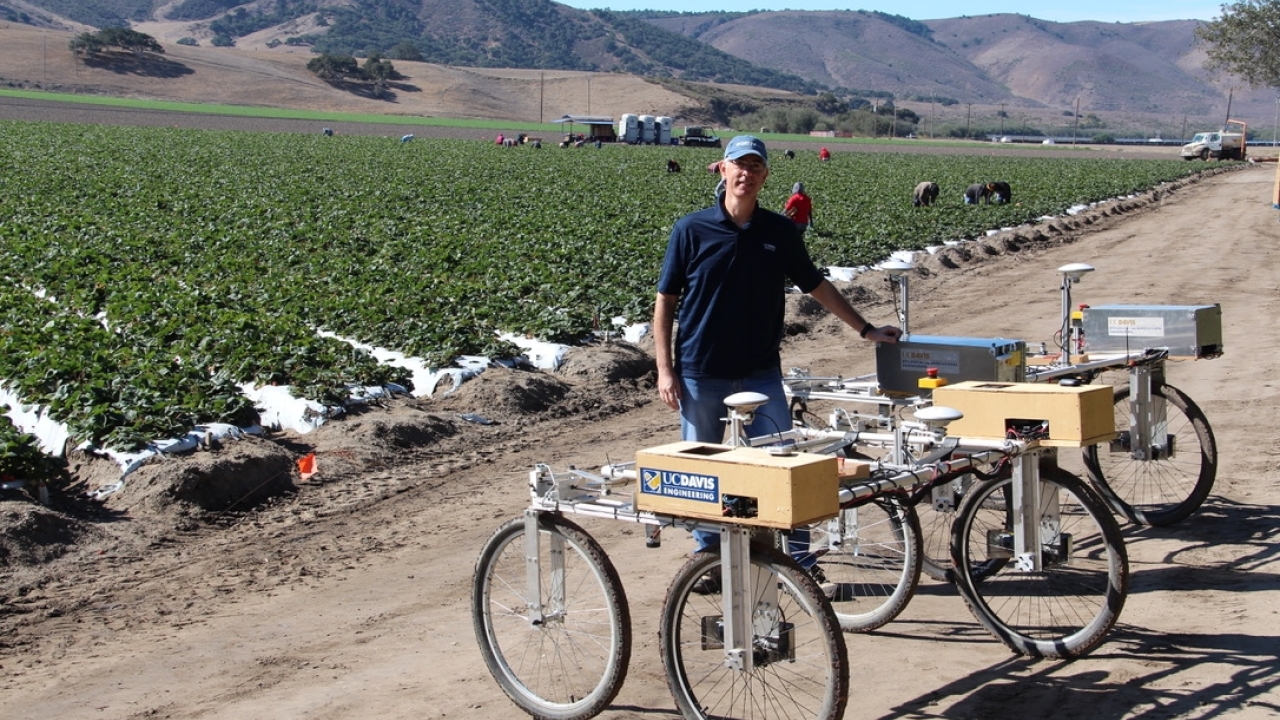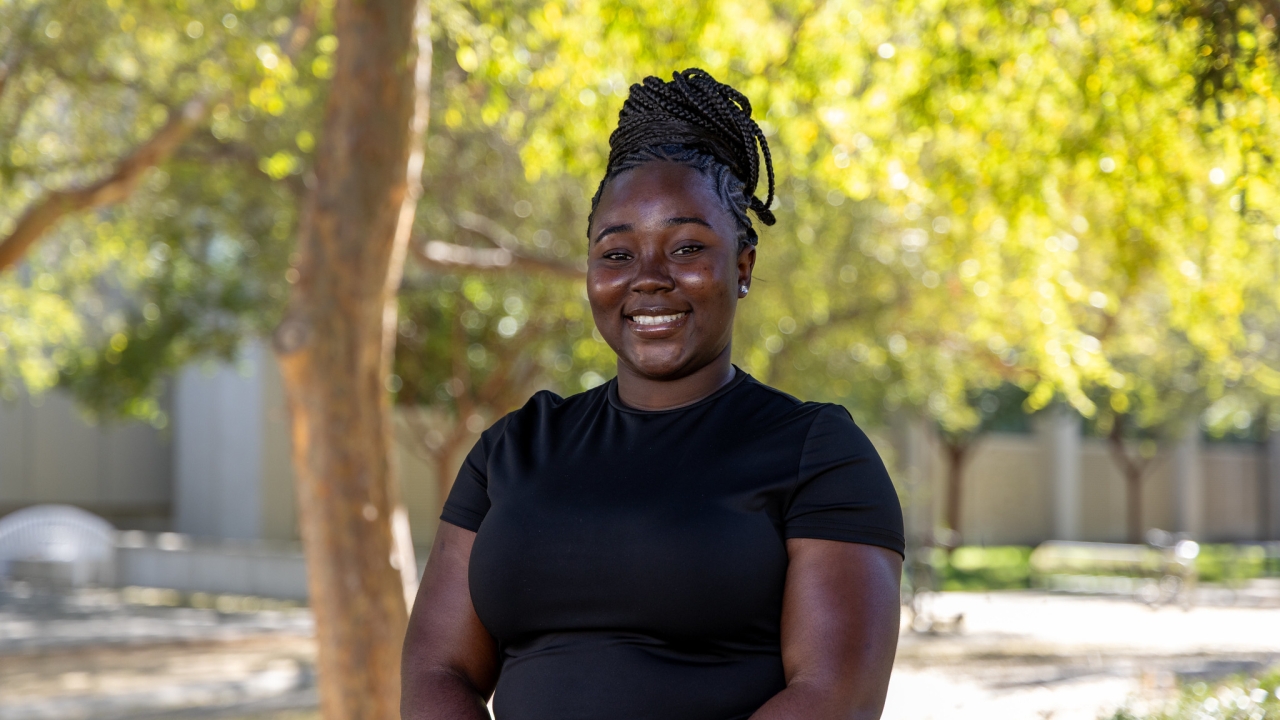New UC Davis Faculty Uses Breakthrough Synthetic Biology to Offer Solutions for Sustainability
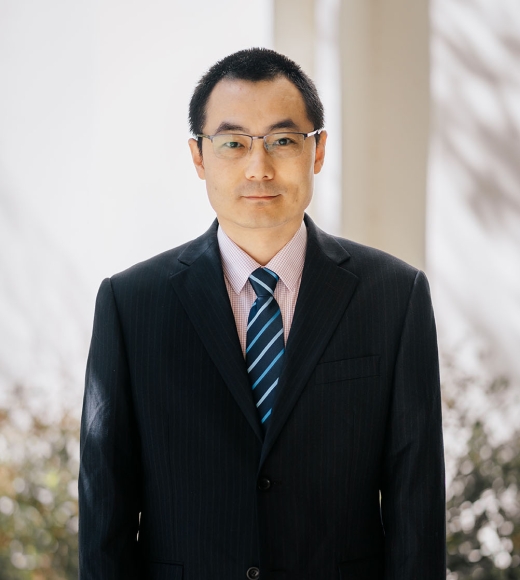
It's 20 minutes into a conversation with Yi Wang, a new assistant professor in the Department of Biological and Agricultural Engineering, before he casually mentions that he pioneered the development of toolsets to synthetically modify a particularly difficult-to-engineer bacterium called clostridium.
Clostridium is commonly known for its pathogenic strains that cause food poisoning, botulism and tetanus. It is particularly stubborn when it comes to genome modification because it is incredibly robust and resistant to external substances such as toxic chemicals.
"We were kind of the first to deliver these toolsets for engineering clostridium," he said. "Genome modification has been done by others for a long time with other model microorganisms like E. coli. But because of its special properties, clostridium is hard to engineer. However, we have blazed a trail in advancing the engineering of these microorganisms by devising toolsets grounded in the innovative CRISPR technology."
Engineering Clostridium
Wang's humble brag aside, the researcher has been using synthetic biology techniques to modify non-pathogenic strains of clostridium, because those same qualities that make it difficult to engineer mean clostridium is exceptionally tolerant of new environments and harsh conditions. These characteristics also make it a viable candidate for use in biologically based fuels, chemicals and products.
One potential application Wang has identified in using clostridium is the biotransformation of agricultural residues and other low-value waste streams into valuable fuels or chemical products.
In one recent project supported by the Department of Energy, Wang's lab at Auburn University (prior to his relocation to UC Davis) developed a clostridium strain to produce a fatty acid ester using corn stover as the feedstock. The research was published in Nature Communications and was featured by the editor as one of the 50 best papers recently published in the journal's biotechnology and methods section.
Ester can be a biological additive of gasoline and diesel fuel for boosting their properties and can also be used as a chemical base in industry applications like food flavorings, cosmetics and solvents. In an economic analysis with his collaborator Haibo Huang, an associate professor of food science and technology at Virginia Tech, Wang proved that clostridium-based fatty acid ester would be cheaper to produce than the current chemically synthesized counterpart.
"Basically, our techno-economic analysis showed that production cost through our biological process was about 30% lower than the current market price," he said.
A Shift in Focus
Wang has patented this technology, as well as other techniques related to clostridium genome editing, resulting in 11 total patents. He has authored or co-authored 85 papers published in peer-reviewed journals, and his research has been cited over 3,900 times.
Wang originally went into environmental engineering, earning his bachelor's and master's degrees in the subject from the University of Science and Technology Beijing and the University of Science and Technology of China, respectively. He was studying wastewater treatment and felt somewhat limited in the environmental engineering field.
"Although you use biological approaches in wastewater treatment, I felt that environmental engineering is kind of more traditional in its approach," he said. "I wanted to have more engineering power to modify and change things and improve efficiency."
Wang switched to an agricultural and biological engineering focus, earning his Ph.D. at the University of Illinois Urbana-Champaign, and began his research in synthetic biology, hoping to work toward addressing agriculture sustainability and human health issues and enhancing the environmental engineering process.
In addition to his work with clostridium, Wang uses synthetic biology techniques to keep engineered cells contained in their specific environments to preemptively mitigate any potential ecosystem disasters. He also hopes to engineer synthetic cells and biosensors to detect pathogens in agricultural animals and develop biological control strategies to combat those pathogens, thus improving the well-being of plants, animals and humans.
Wang will also explore plant-growth-promoting microorganisms and probiotic microbes to advance agricultural productivity, sustainability and overall health. For example, his lab is engineering a bacterial strain with a greater capacity to convert atmospheric nitrogen into organic form that can serve as biofertilizers benefiting plant growth. When applied to crops, this microorganism could meanwhile make the crops more drought-tolerant, a major potential boon to California agricultural health.
Best of Both Worlds
Wang feels that because biological and agricultural engineering is housed under both the College of Engineering and the College of Agricultural and Environmental Sciences, UC Davis is the ideal place to have the biggest impact in applying synthetic biology and biological engineering to agriculture sustainability research.
"I belong to both agriculture and engineering, and UC Davis is the best agricultural school," he said. "We're basically using a biological engineering approach to address agriculture problems, and I feel really excited about starting my research program here."

